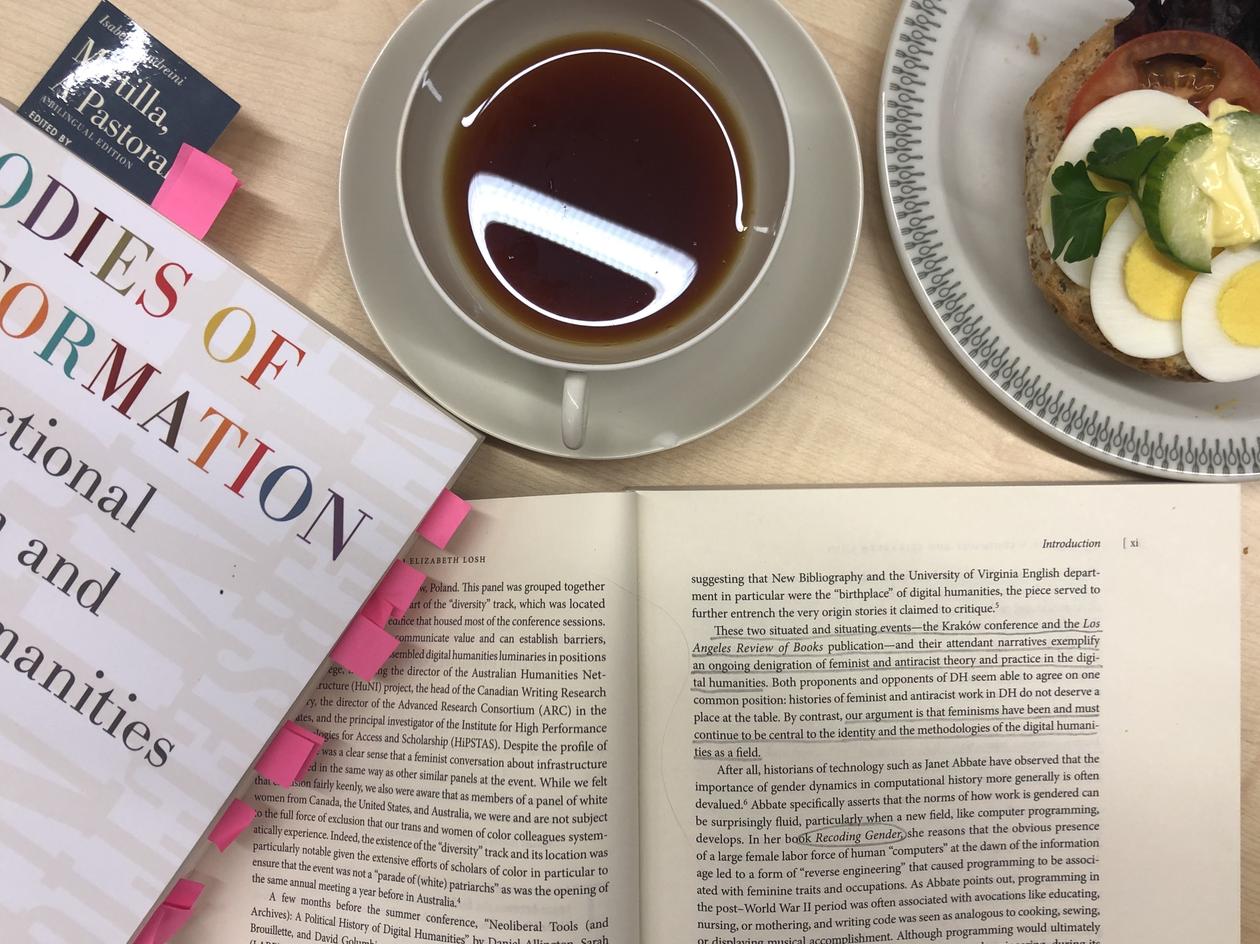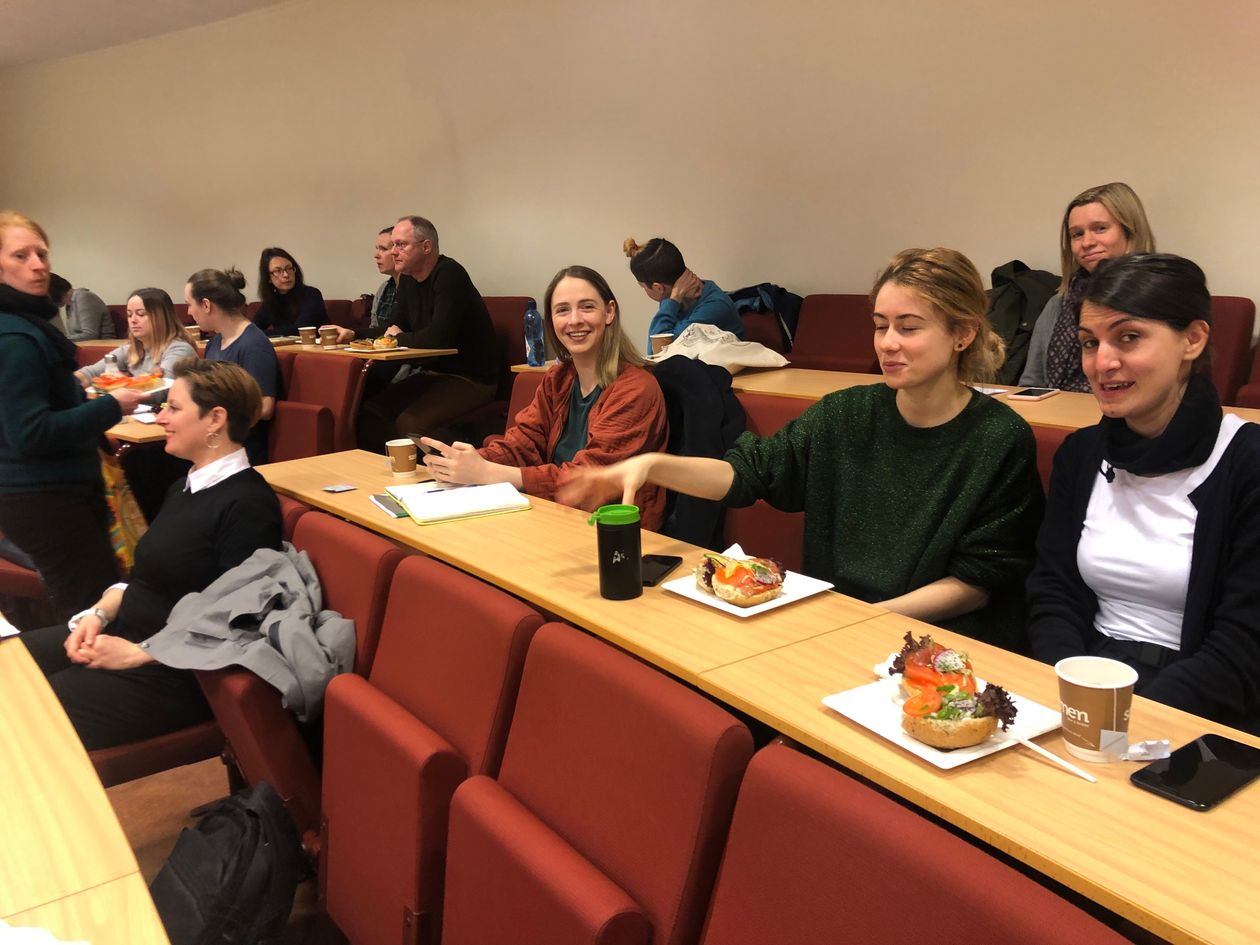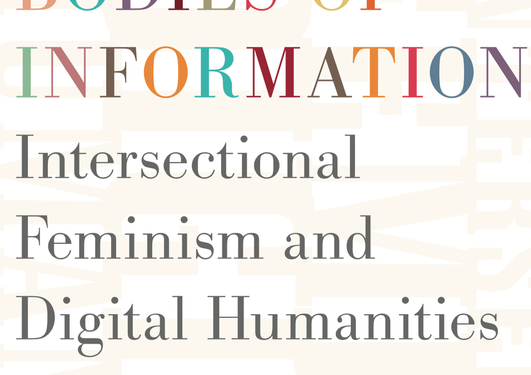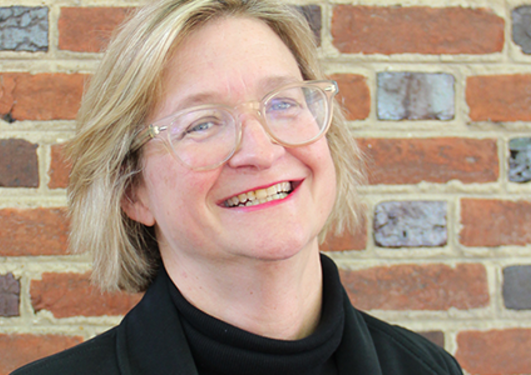Recap: Reading Circle and Double Lecture on Feminism and Data
In a well-attended double lecture session, Elizabeth Losh gave an overview of her new edited volume on about intersectional feminism and digital humanities and Aristea Fotopoulou introduced the background of her book project about feminist data studies.

Main content
During the DHNetwork’s first reading circle, a small but dedicated group discussed Bodies of Information: Intersectional Feminism and Digital Humanities (2019), a collection of essays edited by Elizabeth Losh and Jacqueline Wernimont. The participants used the introductory chapter’s overview of the individual contributions to discuss the different perspectives on the theme of feminism and data and the relevance for their own research. Chapter 6, “Representation at Digital Humanities Conferences (2000–2015)”, led to a more practical discussion of how to incorporate feminist research practices into quantitative research.
The following week, the DHNetwork organized a double lecture on feminism and data. Dr. Elizabeth Losh (College of William and Mary, USA) introduced the variety of topics and considerations in Bodies of Information, including images of all authors, putting her politics of citation in practice. After a short break, visiting scholar Dr. Aristea Fotopoulou (University of Brighton, UK) followed with an overview of the different backgrounds and fields that are significant to her forthcoming book Feminist Data Studies: big data critique and social justice. Together, the lectures gave a great impression of both the breadth and depth of thinking through data from a feminist perspective.
Afterwards, Dr. Jill Walker Rettberg led the discussion about feminist and intersectional approaches to digital methods in the humanities and the social sciences. Losh and Fotopoulou discussed why they consider the specific term feminism important to their approach as a way to acknowledge feminist legacies, as well as the constant intertwining of data research and feminism. Prompted by various attendants, both scholars went into more detail of how to incorporate ethical research practices throughout research projects. This includes privacy considerations when scraping data and the potential role of digital tools in rights to ownership as well as an awareness of the inequality of access when it comes to finding articles and the politics of inclusive citation.
We would like to thank Dr. Losh and Dr. Fotopoulou for their engaging lectures and the attendants for their thoughtful participation. We look forward to seeing you in the future! Our next event is a second lightning talks session, this time about critical digital editions!




